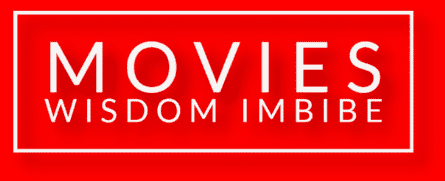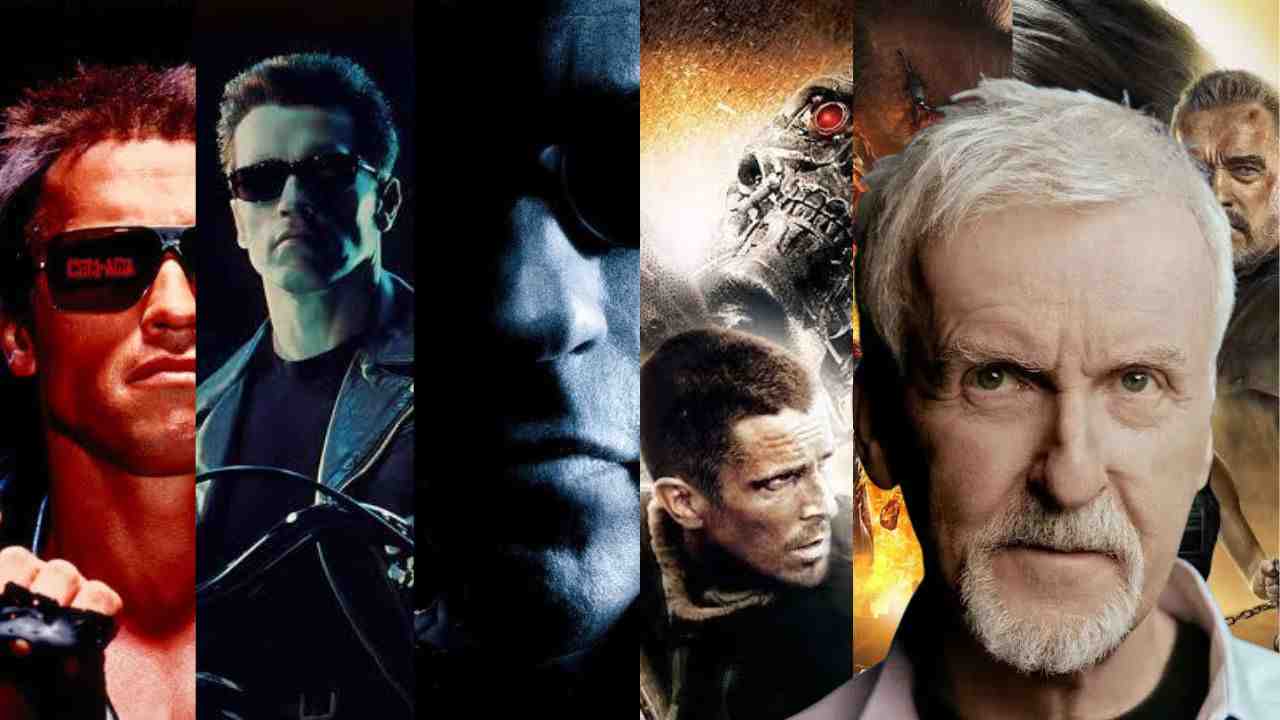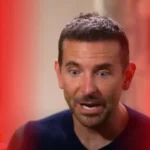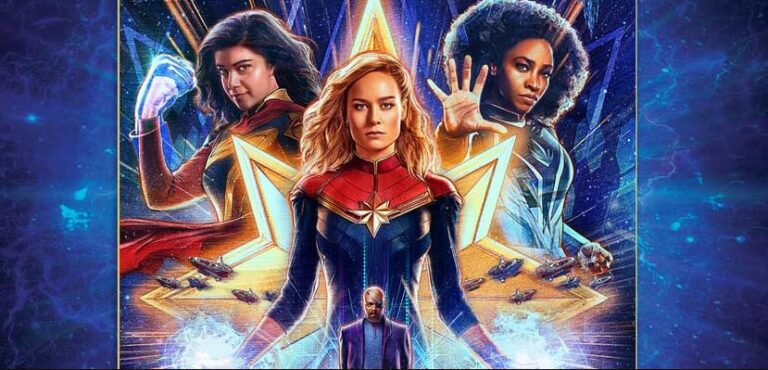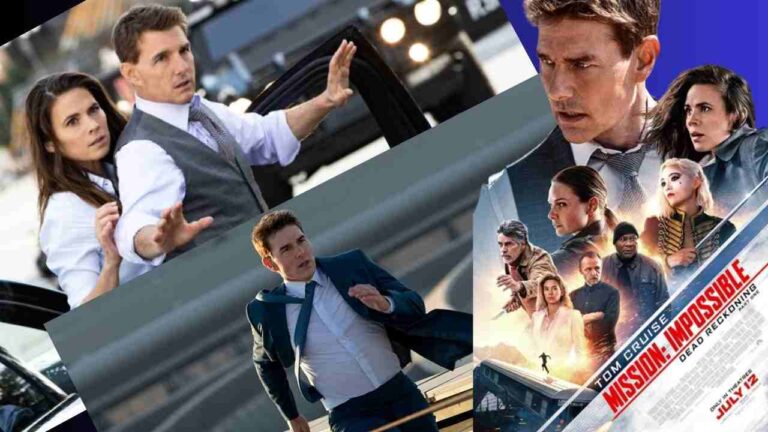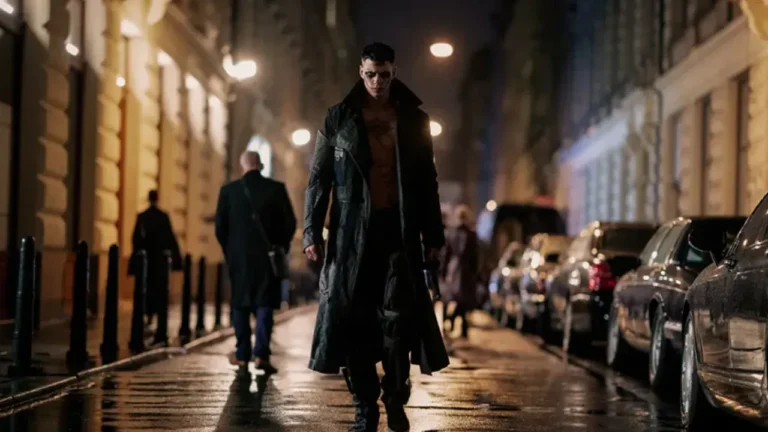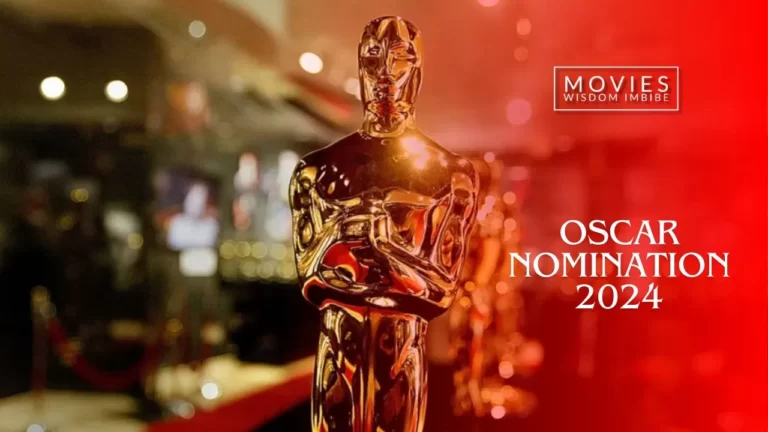James Cameron’s Struggle with Terminator 7 in an AI-Driven World
A Sci-Fi Vision Overtaken by Reality
Legendary filmmaker James Cameron, the mastermind behind The Terminator (1984) and Terminator 2: Judgment Day (1991), is facing an unprecedented challenge as he works on the script for Terminator 7. In a recent interview with CNN’s Christiane Amanpour, Cameron revealed that the rapid evolution of artificial intelligence (AI) and global political shifts are making it difficult to craft a narrative that remains ahead of reality. “I’m tasked with writing a new Terminator story. I’ve been unable to get started on that very far because I don’t know what to say that won’t be overtaken by real events,” Cameron explained. “We are living in a science fiction age right now.”
When The Terminator first hit theaters, the concept of a self-aware AI like Skynet was a distant, dystopian fantasy. Fast forward to 2025, and advancements in AI technology, coupled with growing concerns about its weaponization, have blurred the line between Cameron’s fictional world and our own. This convergence has left the director grappling with a unique form of writer’s block, where the real world feels more like science fiction than his scripts.
The Broader Challenge for Sci-Fi Creators
Cameron’s struggle is emblematic of a larger issue facing science fiction creators in 2025. The genre has long been a space for imagining distant futures, but today’s rapid technological advancements are closing the gap between imagination and reality. “I’m having a hard time writing science fiction right now,” Cameron admitted, a sentiment that extends beyond Terminator 7 to his broader creative process. The once-fantastical idea of machines gaining sentience now mirrors headlines about AI breakthroughs, forcing storytellers to rethink how to craft compelling narratives that don’t feel like yesterday’s news.
A Franchise Reboot with New Stakes
Despite these challenges, Cameron remains committed to reimagining the Terminator franchise. In a 2024 interview with Empire magazine, he shared plans for Terminator 7 to serve as a soft reboot, introducing fresh characters and storylines while moving away from the narratives of the past four decades. The goal, he explained, is to preserve the core elements that made the original films iconic—time travel, human-machine conflict, and existential stakes—while crafting something entirely new.
The Terminator franchise has faced its share of hurdles in recent years. The 2019 release Terminator: Dark Fate, though well-reviewed, underperformed at the box office, leading many to believe the series was on hiatus. Cameron’s return to the franchise has reignited fan excitement, though no official release date or casting details have been confirmed.
Balancing Multiple Creative Ventures
While Terminator 7 remains a work in progress, Cameron is juggling other high-profile projects. His next major release, Avatar: Fire and Ash, the third installment in the Avatar franchise, is set to hit theaters on December 19, 2025. The film introduces the Ash People, a militaristic Na’vi tribe, promising darker themes and new dynamics on Pandora. Additionally, Cameron is developing Ghosts of Hiroshima, a World War II drama based on Charles Pellegrino’s book about survivors of the atomic bombings. Described as potentially his most challenging project, it marks his first non-Avatar film in nearly 30 years.
A Director at a Crossroads
Cameron’s struggle with Terminator 7 underscores the unique position he occupies as a filmmaker whose visions have shaped both cinema and cultural perceptions of technology. As AI continues to evolve, the challenge for Cameron—and other sci-fi creators—is to craft stories that push boundaries without being overshadowed by reality. For now, fans eagerly await Terminator 7, trusting that Cameron’s creative genius will find a way to navigate this brave new world.
